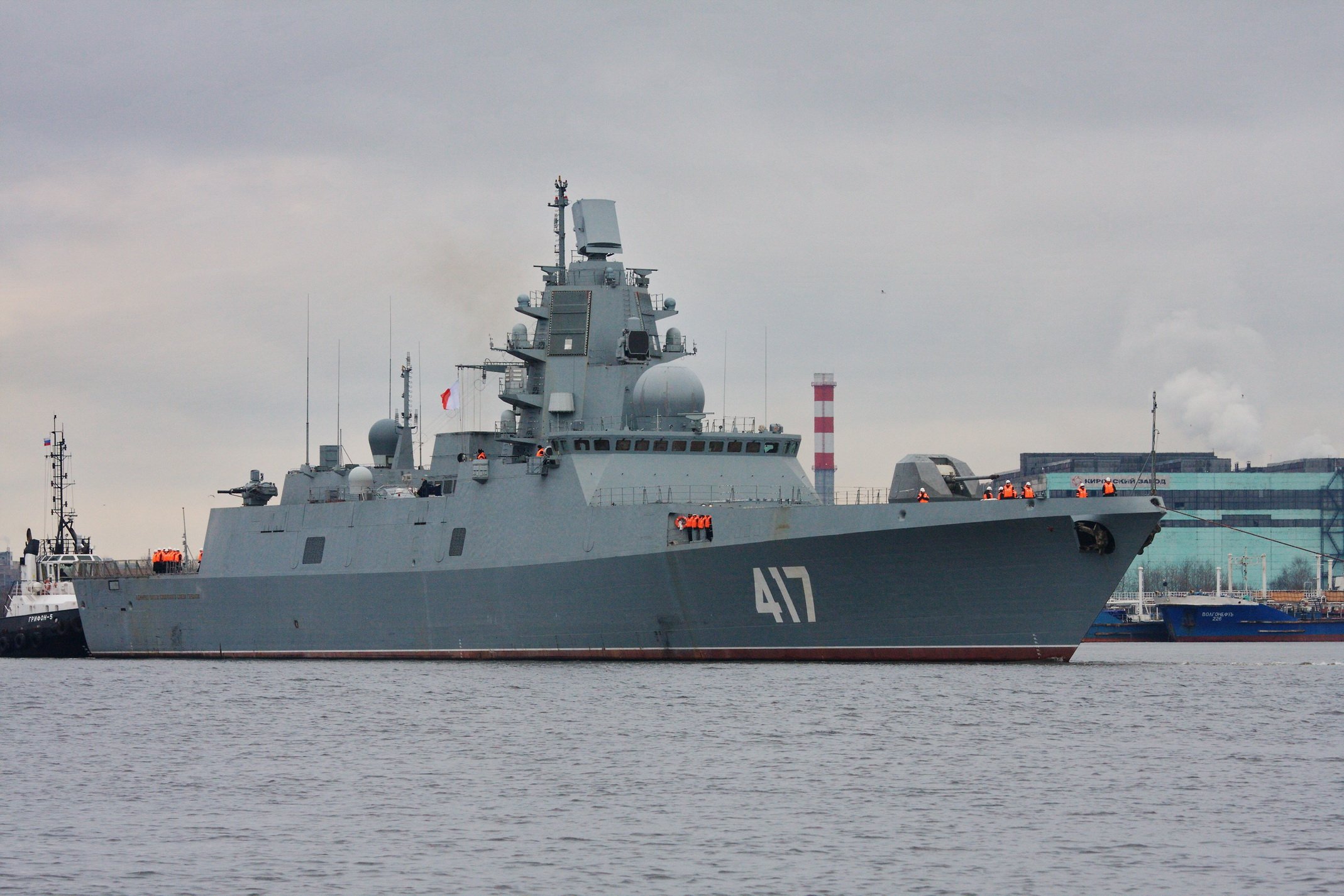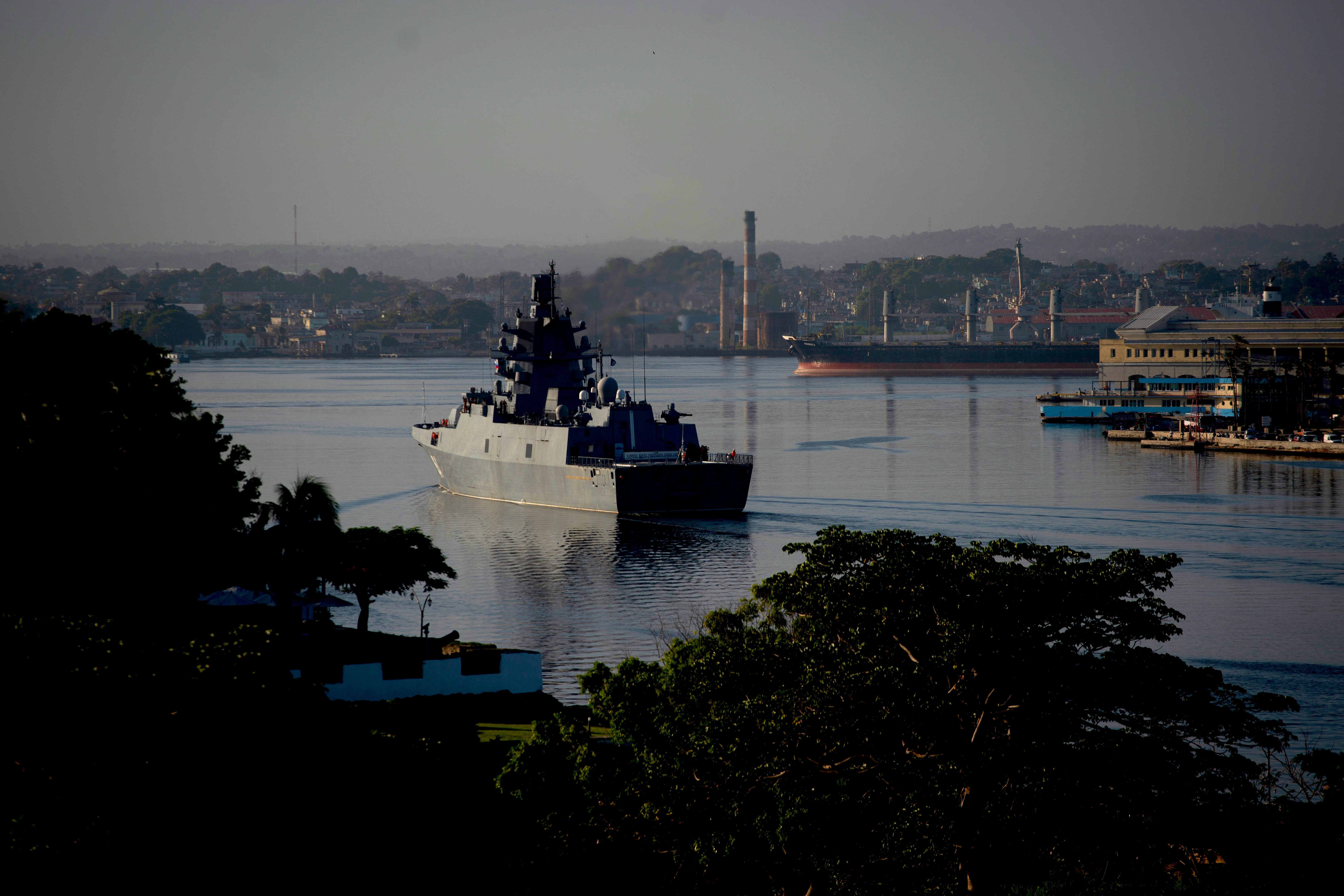Russian Naval Presence in Cuba: Russian Navy Cuba

Russian navy cuba – The Russian naval presence in Cuba has a long and complex history, dating back to the Cold War era. In 1962, the Soviet Union secretly deployed nuclear missiles to Cuba, triggering the Cuban Missile Crisis, a pivotal moment in the Cold War. After the crisis, the Soviet Union withdrew its missiles from Cuba, but it maintained a naval presence on the island.
The Russian Navy’s presence in Cuba has been a topic of international concern for decades. However, the recent tensions between Argentina and Ecuador over the disputed territory of the Beagle Channel have overshadowed the issue. The two South American nations have been engaged in a long-standing dispute over the islands, which has led to several military clashes in the past.
Argentina vs Ecuador is a complex and sensitive issue that has the potential to escalate into a wider conflict. It is important for the international community to remain engaged in the situation and to work towards a peaceful resolution.
Motivations and Objectives of the Soviet Union
The Soviet Union’s motivations for establishing a naval base in Cuba were primarily strategic. Cuba’s location in the Caribbean Sea gave the Soviet Union a foothold in the Western Hemisphere, allowing it to project power and influence in the region. The naval base also provided the Soviet Union with a forward operating base for its submarines and other naval vessels.
Impact of the Cuban Missile Crisis
The Cuban Missile Crisis had a profound impact on Russian-Cuban relations. The crisis brought the two countries to the brink of nuclear war, and it led to a significant deterioration in relations between the two countries. In the aftermath of the crisis, the Soviet Union withdrew its nuclear missiles from Cuba, but it maintained a naval presence on the island.
The Russian Navy’s presence in Cuba during the Cold War was a significant event that heightened global tensions. However, the connection between the Russian Navy and Cuba can also be seen in a different context. The Russian Navy’s influence extended beyond the Caribbean to far-off places like Lake Anna, Virginia , where a replica of a Russian submarine was built as a tourist attraction.
This replica serves as a reminder of the far-reaching impact of the Russian Navy and the complex historical connections that exist between nations.
Current Status of Russian Naval Cooperation with Cuba
Russia and Cuba have maintained close military ties since the Soviet era. In recent years, Russia has sought to strengthen its naval presence in Cuba, providing the country with military equipment and training. The Russian Navy currently maintains a presence in Cuba through a naval base at Cienfuegos and a logistics center at Mariel.
Types of Vessels and Equipment, Russian navy cuba
The Russian Navy has deployed a variety of vessels and equipment to Cuba, including:
- Submarines
- Surface ships
- Aircraft
- Radar systems
- Electronic warfare systems
Strategic Implications
Russia’s continued presence in Cuba has significant strategic implications. It provides Russia with a foothold in the Caribbean Sea, which is of strategic importance for both Russia and the United States. It also allows Russia to project power in the region and to support its allies in Latin America.
Future Prospects for Russian Naval Engagement in Cuba

The future of Russian naval engagement in Cuba remains uncertain and subject to a range of geopolitical factors. The current Russian-Cuban relationship is based on a shared history and strategic interests, but it is also influenced by the broader geopolitical context, including the US-Russia rivalry and the evolving regional security landscape.
One potential direction for future Russian naval engagement in Cuba is a continuation of the current pattern of cooperation, with Russia providing limited support for Cuban naval forces and maintaining a small naval presence on the island. This would likely involve the deployment of Russian ships to Cuban ports on a rotational basis, as well as the provision of training and equipment to the Cuban navy.
Impact of Geopolitical Factors
The future of Russian naval engagement in Cuba will also be shaped by broader geopolitical factors, including the US-Russia rivalry and the evolving regional security landscape. The US has long been opposed to Russian military presence in Cuba, and any significant increase in Russian naval activity on the island could trigger a negative reaction from the US. Additionally, the growing presence of China in the region could also complicate the future of Russian naval engagement in Cuba.
Implications for Regional Security and Stability
The future of Russian naval engagement in Cuba will have implications for regional security and stability. A continued Russian naval presence on the island could contribute to regional tensions and increase the risk of conflict between Russia and the US. Additionally, a Russian naval presence in Cuba could be seen as a challenge to US dominance in the region and could lead to a reassessment of US security commitments in the Caribbean.
The Russian navy’s presence in Cuba during the Cold War was a major source of tension between the United States and the Soviet Union. The Cuban Missile Crisis, which brought the world to the brink of nuclear war, was triggered by the discovery of Soviet nuclear missiles in Cuba.
Steve Klauke, a former US Navy officer who played a key role in the resolution of the Cuban Missile Crisis, died recently at the age of 97. Klauke’s death is a reminder of the dangerous tensions that existed during the Cold War and the importance of diplomacy in resolving international conflicts.
In the midst of the Russian Navy’s presence in Cuba, the world’s attention briefly turned to the rivalry between Mexico and Brazil, two nations with a rich football history. Mexico vs Brazil is a classic match-up that has produced some of the most memorable moments in the sport.
As the two teams prepare to face off once again, fans around the globe will be eager to witness another chapter in this epic rivalry. Meanwhile, the Russian Navy’s presence in Cuba continues to raise concerns about the potential for conflict in the region.
The Russian Navy’s presence in Cuba during the Cold War is a well-known historical event. However, the broader geopolitical implications of this move are often overlooked. For instance, the Soviet Union’s support for Cuba in the face of American pressure had a significant impact on the outcome of the Argentina vs Ecuador conflict.
This is because the Soviet Union’s support for Cuba emboldened other communist nations, such as Argentina, to pursue their own geopolitical ambitions.
